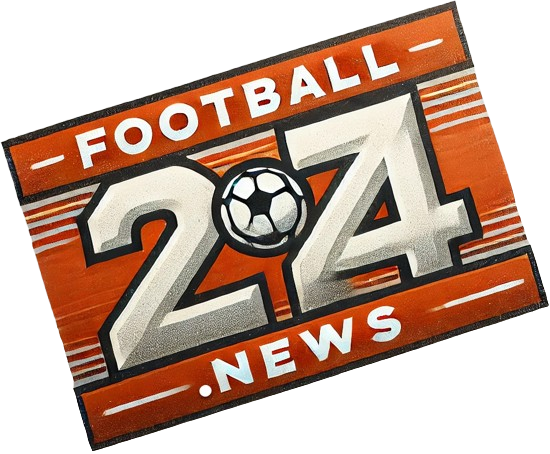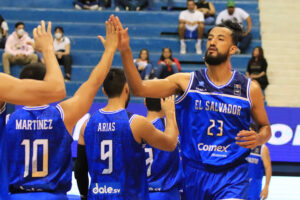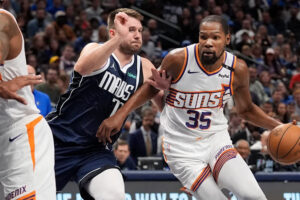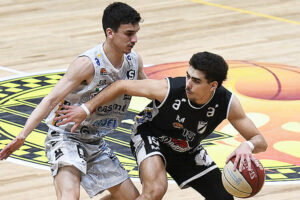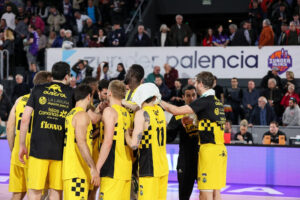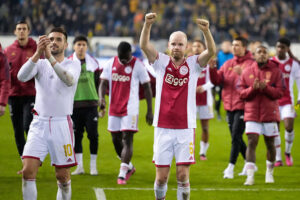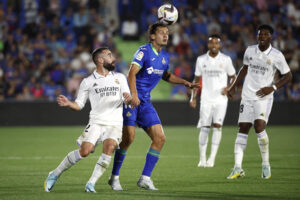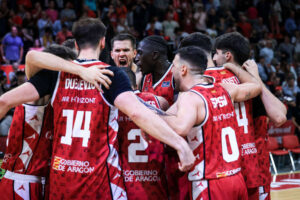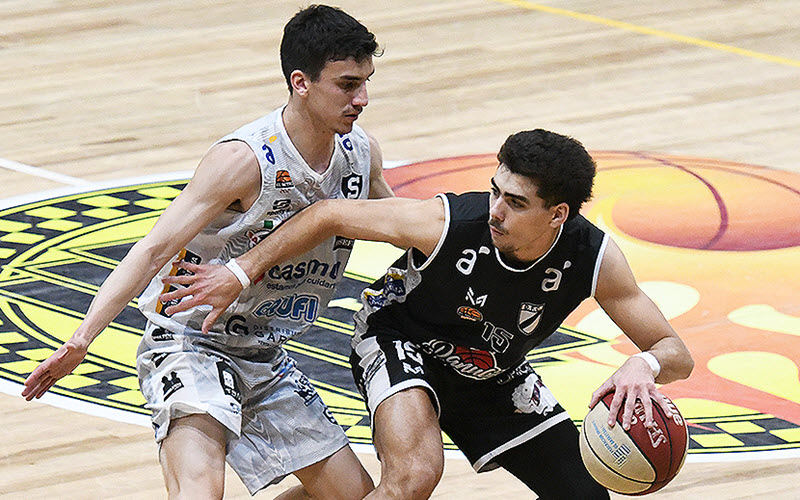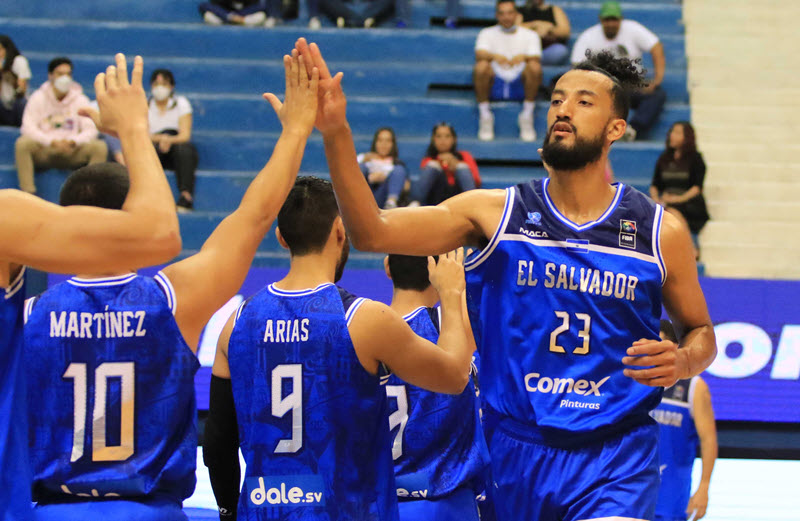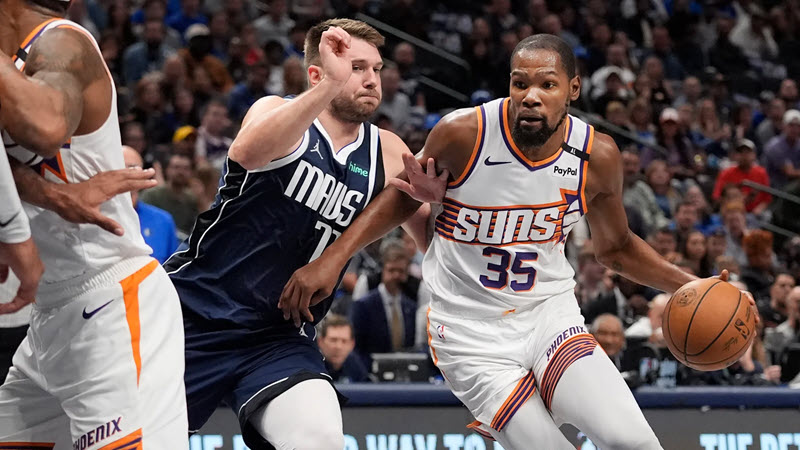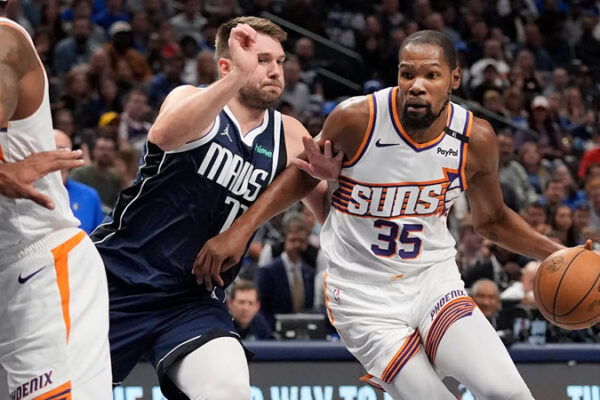
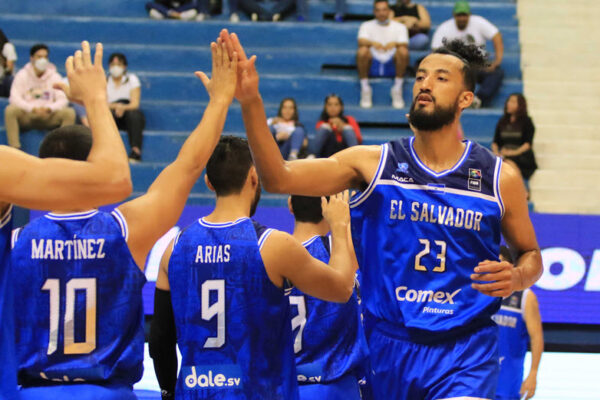
El Salvador achieved its first basketball pre-qualifying victory against Guyana | Football24 News English
In an exciting match from start to finish, El Salvador beat Guyana 92-90 yesterday on the third day of the…

Kevin Durant Alert: Re-injured! | Football24 News English
The Brooklyn Nets forward left the court during the first quarter with a concussion to the thigh of his left…
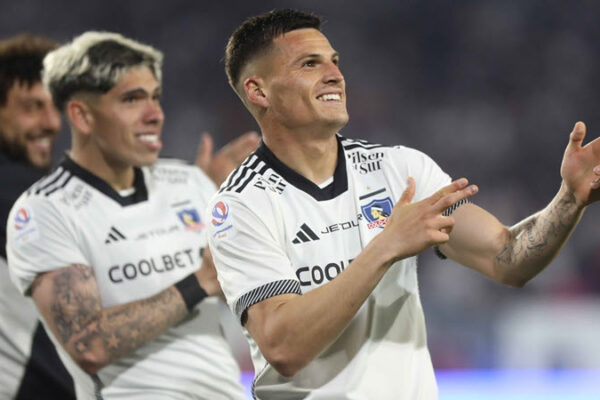
Colo Colo: One on one of Cacique’s players against Everton | Football24 News English
Colo Colo faced Everton de Viña del Mar this afternoon at the Sausalito Stadium, in a match valid for the…
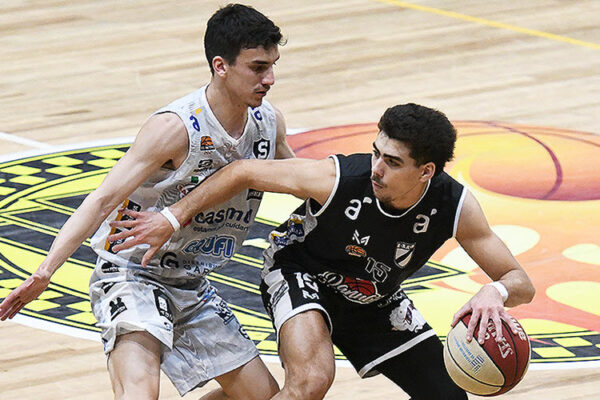
Another winter at the Prado | Total Basketball | Football24 News English
Nicolás Pereyra returns to Stockolmo and will be one of the pieces in the Prado team, which will try to…
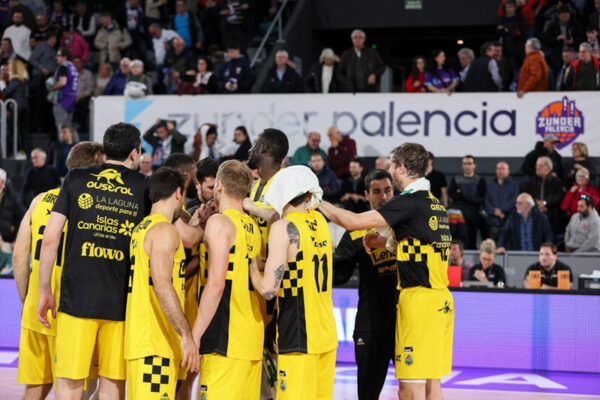
The Lenovo Tenerife devours a too weak Unicaja | Football24 News English
Not only was it not winning at any time, but the distance seemed to grow by the second. Unicaja de…
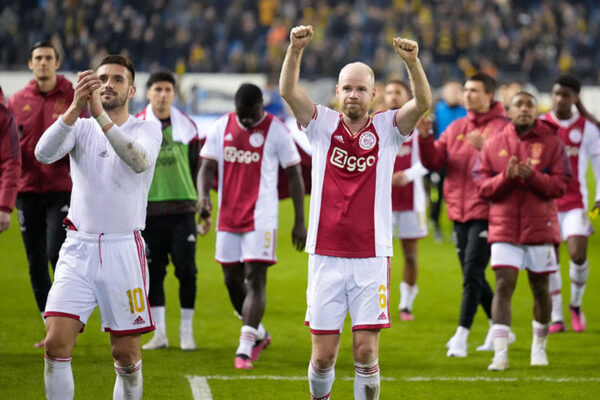
Champion Edson! Ajax beat Vitesse 2-1 and was enshrined in the Dutch Cup | Football24 News English
Ajax and Vitesse were measured by the match corresponding to the Dutch Cup Final. The result was in favor of…
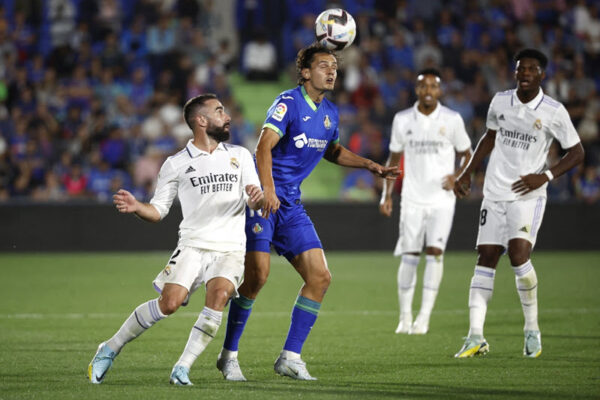
Getafe – Real Madrid | LaLiga Santander: Courtois: “This is not the time to cry for losses, you have to face it …” | Football24 News English
Thibaut Courtois He returned to save Real Madrid with three decisive saves. The Belgian goalkeeper is going through his best…

Williams kicks off a new era in F1 with disruptive livery | Football24 News English
Without their original owners 05-03-2021 12:15 It was one of the two cars about which it was not known how…
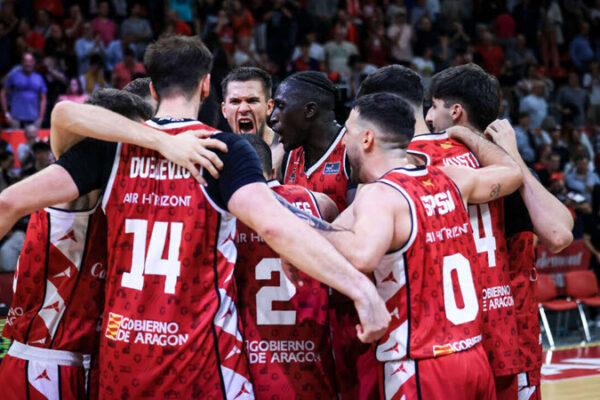
Casademont Zaragoza’s victory against Acunsa Gipuzkoa Basket by 99-71 | Football24 News English
The Casademont Zaragoza won 99-71 at Acunsa Gipuzkoa Basket during the thirty-second game of the ACB League that took place…
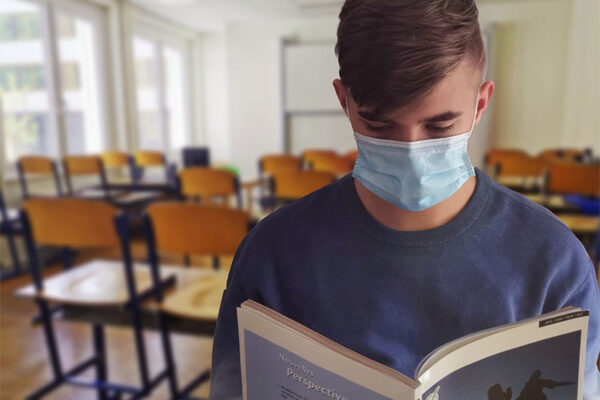
Gentile leaves the Estudiantes due to the effects of COVID-19 | Football24 News English
The Italian Alessandro Gentile has reported this Sunday that he is leaving the discipline of Movistar Estudiantes for “side effects…
